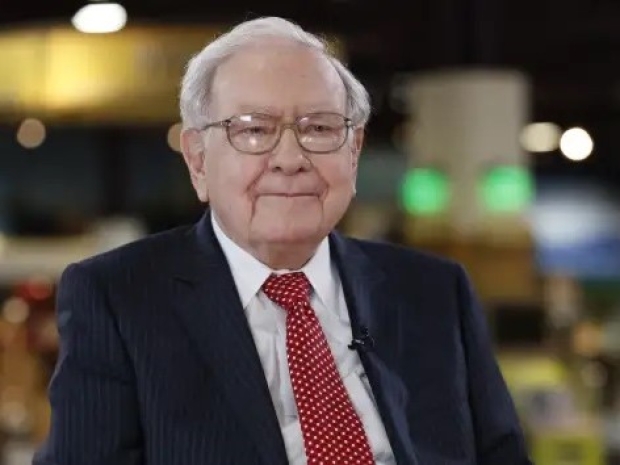It's not clear whether Berkshire dumped TSMC stock because it expects softening demand for consumer electronics and personal computers, or because it's concerned about increased risks of China invading Taiwan, which would threaten the value of the world's largest contract maker of chips.
Berkshire Hathaway held $4.1 billion in 60 million American depository shares of TSMC stock last November after increasing its positions significantly. After selling 86 per cent of its shares, the company now holds 8.3 million American depository shares, worth $618 million, according to its disclosure to the SEC. TSMC's stock fell by four per cent after the filing.
Berkshire Hathaway does not disclose why it buys or sells shares of certain companies, but when it bought TSMC stock last November the outfit seemed immune to the problems suffered by companies making chips for consumer electronics. Recently the company has indicated the demand for its services will be lower in 2023 than it was last year.
For now, TSMC is the world's largest foundry with indisputable technological lead and will remain No.1 for quite a while, but there are certain risks for the company, including expanded competition as well as the risk of Chinese invasion. Its rival Samsung is investing tens of billions of dollars in its manufacturing capacity every year and continues to improve its fabrication processes and accelerate the pace of advancements, so, over time, it will pose a higher threat to TSMC.
Intel wants to become the world's No.2 foundry and also has a more aggressive stance after sitting on its huge market share in chips for a little too long.
Another reason Berkshire Hathaway may not want to own TSMC stock worth billions of dollars, and that's increased risk of China invading Taiwan. Earlier this month CIA director William Burns said that China may invade the island by 2027.
Some intelligence and military specialists said last year that China may invade Taiwan as soon as 2025. Since TSMC can produce chips on leading-edge technologies and such chips could bolster China's military potential, a top U.S. army publication last year urged TSMC to evacuate fab personnel and then destroy TSMC's fabs on the island.
Taiwan's National Security Bureau then argued that, without access to advanced production tools from companies such as ASML, Applied Materials, KLA, Lam Research, and Tokyo Electron, TSMC's fabs were worthless — so there was no need to destroy them.
But whether TSMC's fabs will be seized by China, destroyed, or left without equipment, the foundry's stock will rapidly become worthless if China invades.




